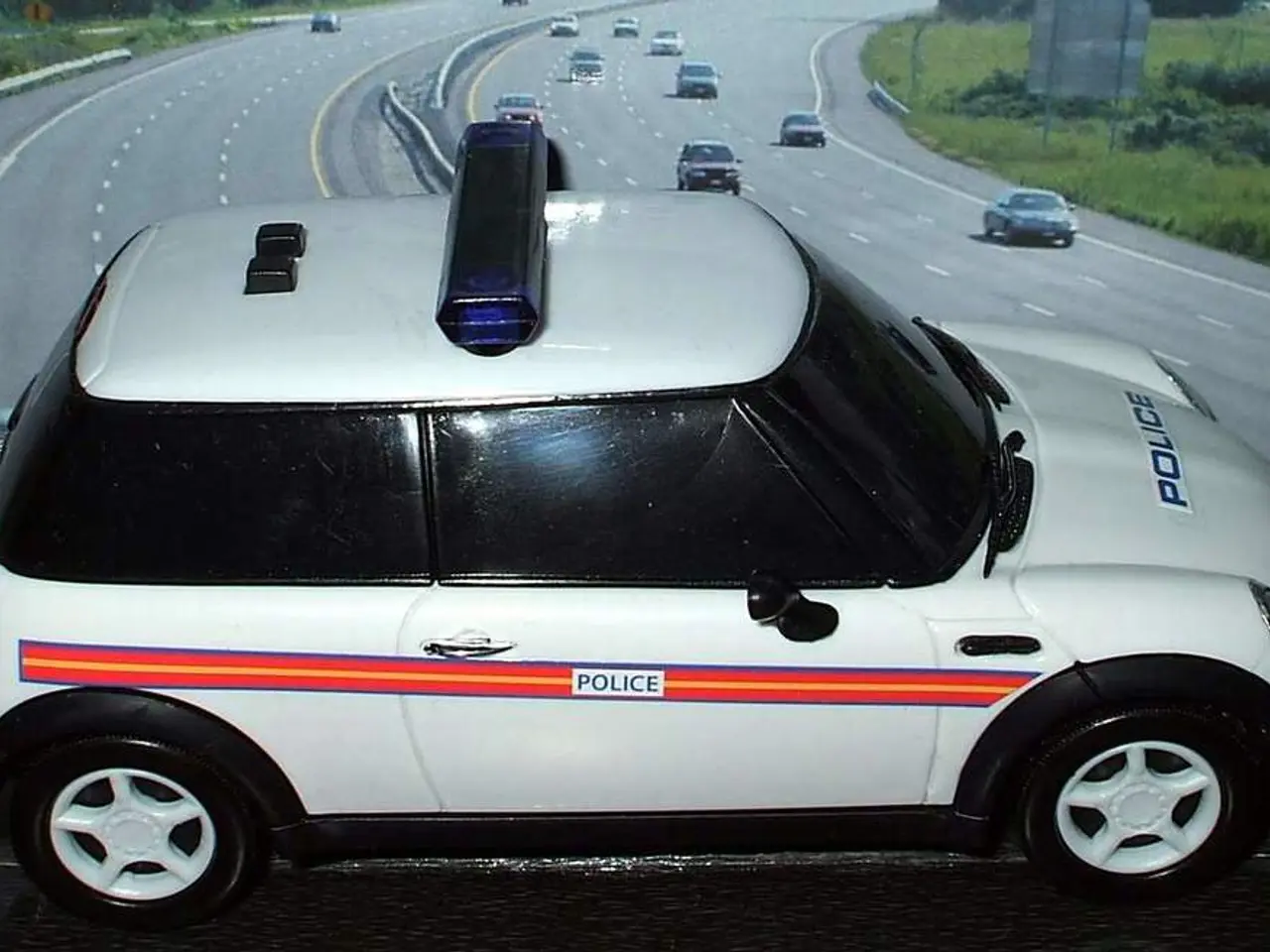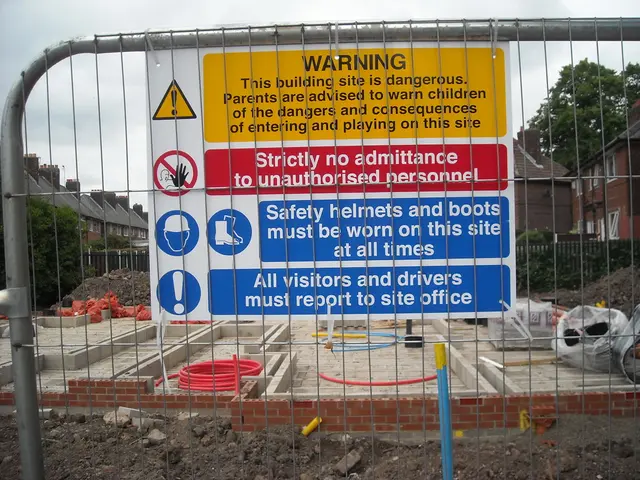Federal Administration pushing for expanded jurisdiction over District of Columbia's law enforcement
In a move that escalates his campaign to exert presidential power, US President Donald Trump has seized control of Washington's Metropolitan Police Department (MPD), citing a crime emergency. However, it's essential to understand that this kind of federal control is unique to Washington, D.C., and cannot be replicated in other U.S. cities.
According to US Attorney General Pam Bondi, officials are investigating whether Washington's crime statistics from last year were manipulated. Trump, on the other hand, has painted a picture of Washington as a city gripped by a wave of crime and pervasive homelessness, despite both federal and city crime statistics showing a decline in violent crime since 2023. Notably, Trump has provided no evidence to support his claim.
The District of Columbia Home Rule Act, which governs Washington, D.C., permits the president to take control under emergency circumstances for up to 30 days. The President can declare an emergency and request MPD’s services for federal purposes like protecting federal buildings and maintaining order. However, the operational control of the MPD remains with the Mayor of D.C. and the appointed Chief of Police, not the federal government or the President directly.
The Mayor is required to comply by providing police services as requested by federal authorities, under the President's delegated power to the Attorney General. The Mayor and Chief of Police retain command of the department, while federal officials may liaise or coordinate with the MPD without replacing its leadership.
John P Fishwick Jr, a former federal prosecutor in Virginia, asserts that there is no basis for Trump to attempt similar takeovers in other cities. Washington represents a "unique situation" for such takeovers, as the District of Columbia Home Rule Act provides a specific legal basis for federal control that doesn't exist in other U.S. cities, which are states or parts of states with their own local and state governance structures.
Trump's moves in Washington are reflective of his approach to his second term, which involves shattering political norms and legal concerns to test the limits of his office's power. The deployment of thousands of National Guard soldiers and US Marines in Los Angeles in June and the recent deployment of hundreds of federal officers and agents across Washington are indicative of this approach.
It remains unclear how Trump's takeover of Washington's MPD could be replicated elsewhere. The operational control, legal basis, and duration of federal control in Washington, D.C., under the District of Columbia Home Rule Act are unique and cannot be easily replicated in other U.S. cities.
Politics and policy-and-legislation intertwine as the potential federal takeover of city police departments becomes a contentious issue. Specifically, the question arises regarding Trump's plans to replicate his control over Washington D.C.'s Metropolitan Police Department (MPD) in other U.S. cities, a move that experts like John P Fishwick Jr have labeled improbable due to the District of Columbia Home Rule Act providing a unique legal basis for federal control in Washington, which doesn't exist in other cities, where state and local governance structures are predominant. General news now covers this escalating war-and-conflicts between the White House and city administrations, with legal and political implications looming large.





